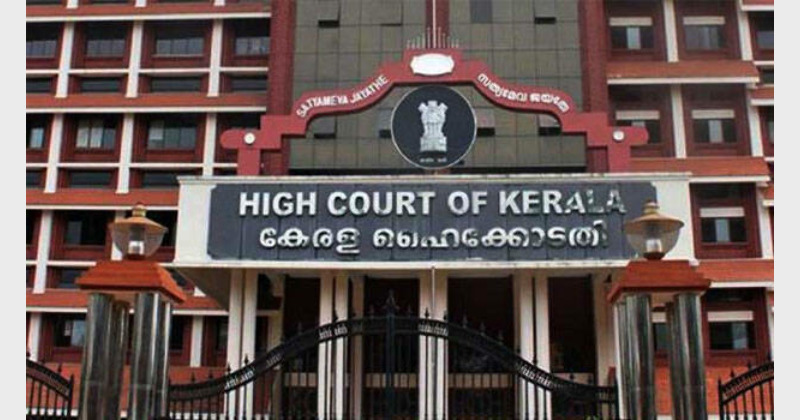Jahanvi Agarwal
The Kerala High Court has recently introduced amendments to the rules governing the designation of senior advocates within the High Court of Kerala. These changes were prompted by a Supreme Court judgment in the case of Indira Jaising v. Supreme Court of India.
The revised rules encompass several key alterations. Notably, they established a minimum age requirement for advocates aspiring to attain senior advocate status, setting the threshold at 45 years. However, there is room for flexibility in this age criterion. As per the rules, the Senior Advocate Designations Committee, the Chief Justice, or a High Court Judge can recommend a candidate for senior advocate designation, even if he/she is below the age of 45.
Another significant change pertains to the minimum experience criteria. While previous rules demanded a minimum of 10 years of practice as an advocate for senior advocate eligibility, the updated rules extend this criterion. Now, candidates can qualify with a combined experience of 10 years, encompassing their practice as advocates and their service as district and sessions judges or as judicial members of Indian tribunals, provided they have at least 3 years of post-retirement standing as advocates.
The amended rules emphasize that candidates seeking senior advocate designation should primarily practice within the High Court, unlike the 2018 Rules, which did not specify the area of practice. Additionally, these rules introduce a provision that empowers the Full Court to independently designate any advocate as a senior advocate if they are considered to possess exceptional legal skills, a distinguished reputation, or specialized expertise in a particular field of law.
Moreover, the requirement for exclusive practice within the High Court can be relaxed for advocates with “domain expertise” based on their practice before specialized tribunals. This exception will be evaluated based on the extent of their appearances in the High Court.
The updated rules explicitly state that the Full Court holds the authority to suo motu (on its own initiative) designate senior advocates. In contrast, the previous rules outlined specific processes such as nomination by the Chief Justice, judges, or recommendations from senior advocates, in addition to accepting applications.
A notable addition is the introduction of a point-based system for evaluating proposals for the designation of senior advocates. This system, detailed in Rule 11, includes points awarded based on various criteria:
- Number of years of practice as an advocate: Up to 20 points (10 points for 10 years of practice and additional points for each year beyond, with a maximum of 20 points)
- Judgments (excluding orders lacking legal principles), pro bono work, and domain expertise: 50 points
- Publication of academic articles, teaching experience in law, guest lectures in law schools, and involvement with professional institutions related to law: 5 points
- Personality and suitability assessed through interviews: 25 points
The amendment further specifies the composition of the Senior Designations Committee, comprising the Chief Justice of the High Court as Chairperson, the two senior-most judges of the High Court, the Advocate General for Kerala, and a member of the Bar nominated by the Chairperson and other members.
Additionally, Rule 13, which outlines the timeframes for reconsidering proposals for the designation of senior advocates, has undergone changes. While the previous rules stipulated a two-year waiting period for re-evaluation if a proposal was rejected by the Full Court, the amendment clarifies that such reconsideration can only occur upon application following the established procedure at that time. Notably, the amended rule also indicates that where proposals are deferred by the Full Court, they can be reconsidered after one year.
A novel addition is the introduction of Rule 19, designating the Chief Justice as the ultimate authority to decide any questions regarding the interpretation or application of the rules. The Chief Justice is empowered to issue directions for resolving any issues that may arise as needed.


